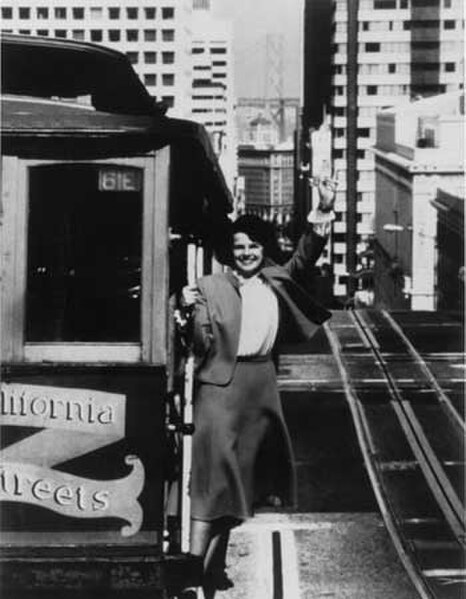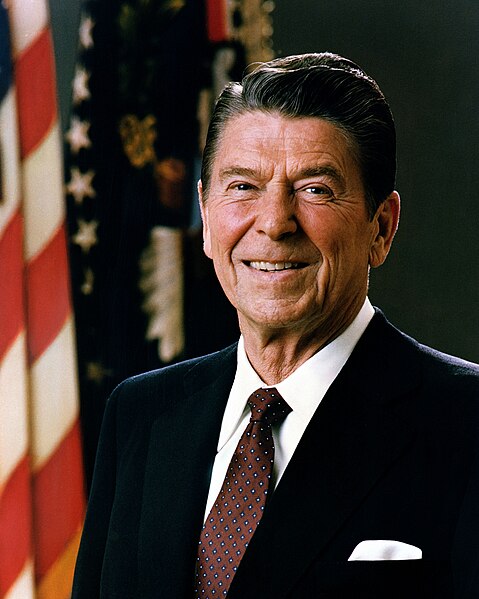Social and political activism to raise awareness about HIV/AIDS, as well as to raise funds for effective treatment and care of people with AIDS (PWAs), has taken place in multiple nations across the world since the 1980s. As a disease that began in marginalized populations, efforts to mobilize funding, treatment, and fight discrimination have largely been dependent on the work of grassroots organizers directly confronting public health organizations as well as politicians, drug companies, and other institutions.
A demonstrator waves a placard using the "Silence=Death" slogan during a 2017 event in New York City.
ACT UP protesters in New York City demonstrate against Uganda's controversial Anti-Homosexuality Bill.
During her tenure as Mayor of San Francisco, politician Dianne Feinstein declared the first "AIDS Awareness Week" event.
The AIDS Memorial Quilt is pictured as laid out beside the Washington Monument
Ronald Reagan, the 40th President of the United States, oversaw the United States response to the emergence of the HIV/AIDS crisis during the 1980s. His actions, or lack thereof, have long been a source of controversy and have been widely criticized by LGBT and AIDS advocacy organizations.
Ronald Reagan, President of the United States from 1981 to 1989
Ronald and Nancy Reagan with Rock Hudson at a White House State Dinner on May 15, 1984. Hudson is HIV-positive in this photo, though he is not yet aware of this.
Reagan delivers his first speech on AIDS at a fundraising dinner for the American Foundation for AIDS Research on May 31, 1987.
Image: A pink triangle against a black backdrop with the words 'Silence=Death' representing an advertisement for The Silence = Death Project used by permission by ACT UP, The AIDS Coalition To Unleash Power. Wellcome L0052822








